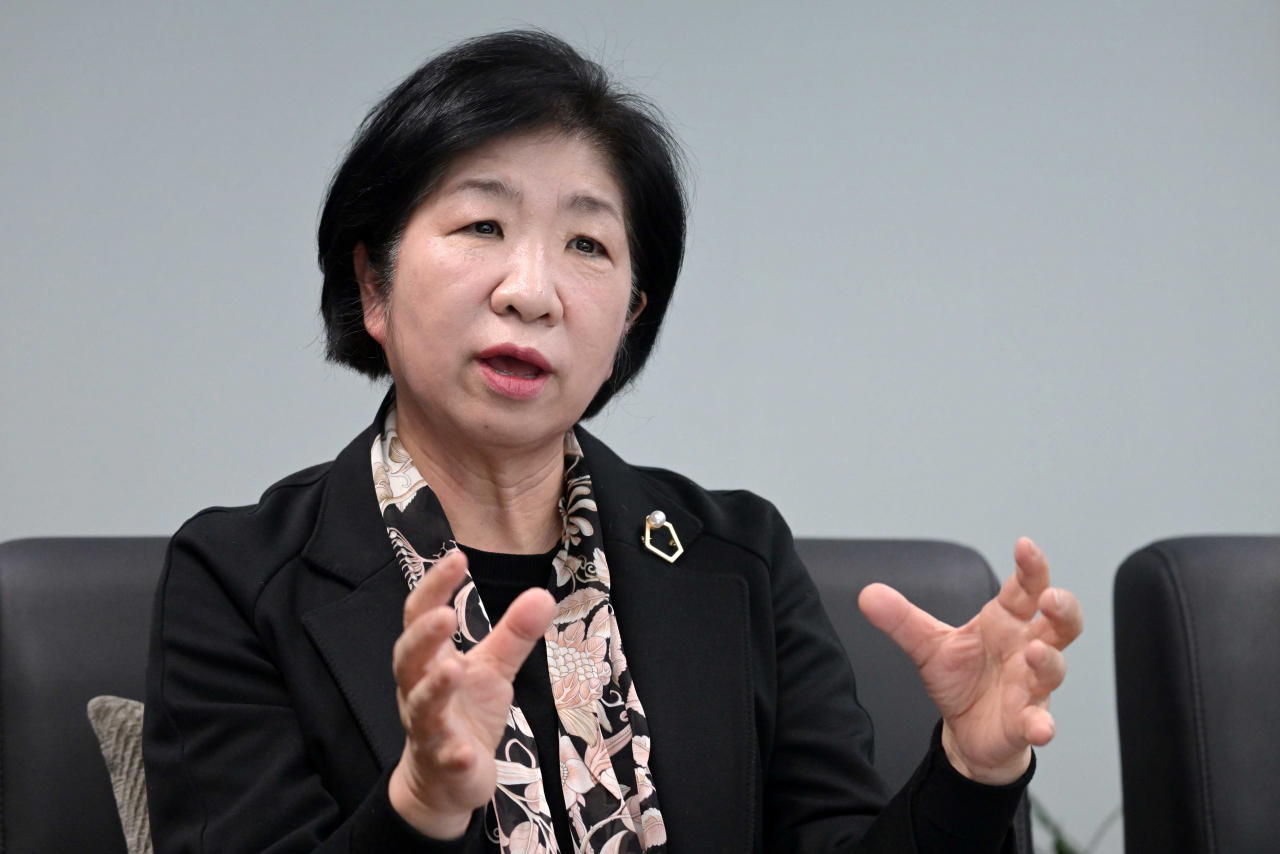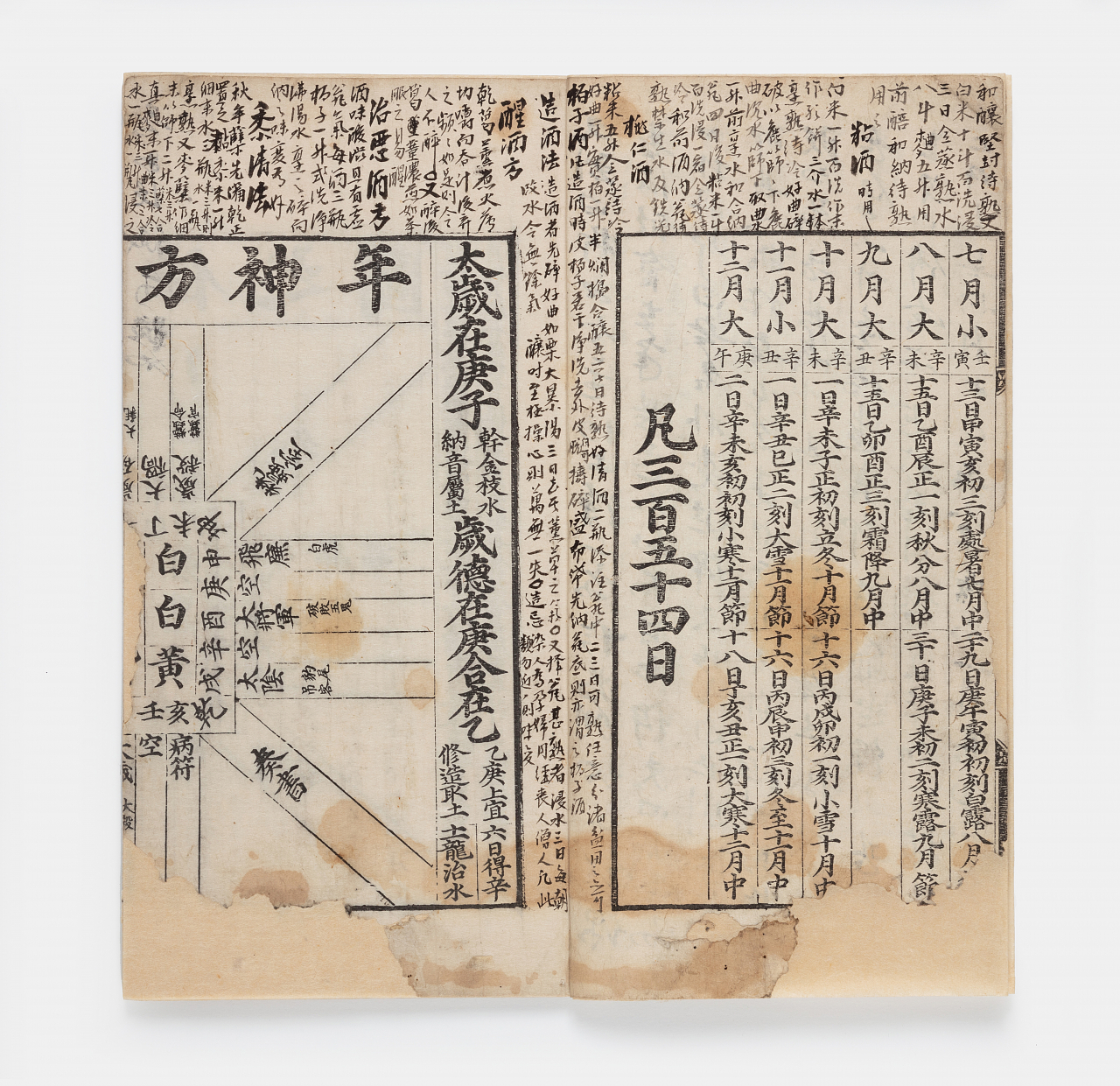[Herald Interview] Overseas heritage foundation head stresses need for consistent support after heritage return
By Kim Hae-yeonPublished : Dec. 13, 2022 - 18:19

Three months into her term as the chair of the Overseas Korean Cultural Heritage Foundation, Kim Jung-hee, 65, seeks to foster interest in repatriated Korean cultural heritage as well as those overseas.
"When I was young, overseas cultural heritage was thought of as 'our properties' that had been plundered during Japanese invasions and by other countries who took advantage of our diplomatic vulnerability," said Kim in an interview with The Korea Herald at the foundation's office in Sangam-dong, Seoul, on Dec. 6. As such, people thought that every item must be returned, added Kim, who is also an honorary professor in Wonkwang University's Department of History and Culture.
While teaching, Kim noticed a major change in the younger generation’s view and understanding of cultural heritage over the past two decades.
"During vacation, students visit museums and galleries abroad. They encounter neighboring countries' heritage and also view the Korean arts and heritage on display, usually in the Korean section." Kim said.
Learning about how the museums acquired the pieces and seeing people appreciating Korean heritage overseas, students come to realize that keeping the heritage exclusively at home is not the only option, according to Kim.
The 10-year-old foundation is an affiliate of the Cultural Heritage Administration and engages in searching, studying, introducing and supporting Korean cultural heritage outside of Korea.

Since its establishment in 2012, the foundation has surveyed some 47,000 pieces of Korean cultural heritage located abroad and has published the findings in 18 books.
The foundation has been playing role in the repatriation of Korean cultural properties from abroad that had either been transferred illegally or acquired through various channels.
As of Nov. 1, a total of 862 pieces of 112 cultural heritage items were brought back home by the OKCHF, either through donation or purchase.
The calendrical book of Gyeongja year (1600) with memoranda by Joseon's civil official Ryu Seong-ryong, purchased from a Japanese individual on Sept. 8, is the latest item returned to Korea.
The piece not only supplements materials that were missing from the state-registered Treasure, “Documents of Ryu Seong-ryong’s Family” for further research, but also gains significance in that it features detailed records of the events involving Admiral Yi Sun-sin during the Japanese Invasions of Korea.
Some 214,208 pieces of Korean cultural heritage are located outside the country today, according to the foundation. The foundation will continue to its search for Korean cultural properties overseas and study how they were taken out of the country.
"For items that were taken outside illegally, we will make the utmost efforts to have them returned. But for those items that were transferred through legitimate transactions, including gifts and diplomatic trades, it is also our responsibility to better inform the person or association involved of the item’s value, along with prompt support for conservation to prevent possible damage." Kim said.
To this end, the foundation has helped the conservation of some 105 pieces of Korean cultural heritage located in nine different countries.
The total amount of annual state subsidies for next year issued through the CHA, including operating expenses of two overseas offices, the Washington office in the US and Tokyo office in Japan, adds up to 6.7 billion won.
The foundation will focus on two main projects next year: Extensive historical research on the travel routes of heritage located overseas, and publication information on repatriated items both online and offline.
"We thank all our donors who have supported us in the process of obtaining each overseas heritage safely back home. But it is also important to give consistent attention to those that are now in the country, to make sure that they are kept in the right place with the right care they require. We will keep this in mind as we work towards the next year.”










![[Hello India] Hyundai Motor vows to boost 'clean mobility' in India](http://res.heraldm.com/phpwas/restmb_idxmake.php?idx=644&simg=/content/image/2024/04/25/20240425050672_0.jpg&u=)









